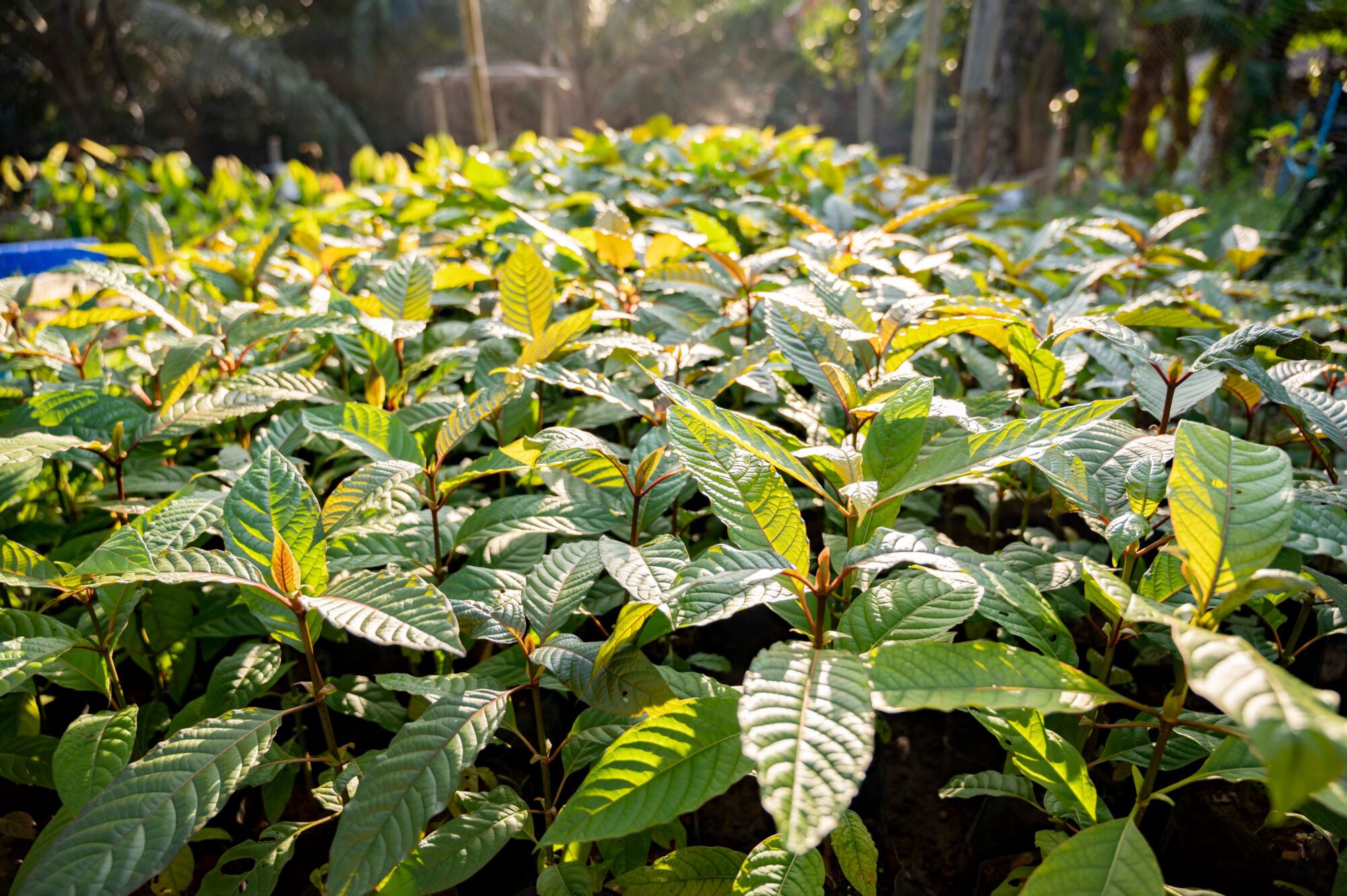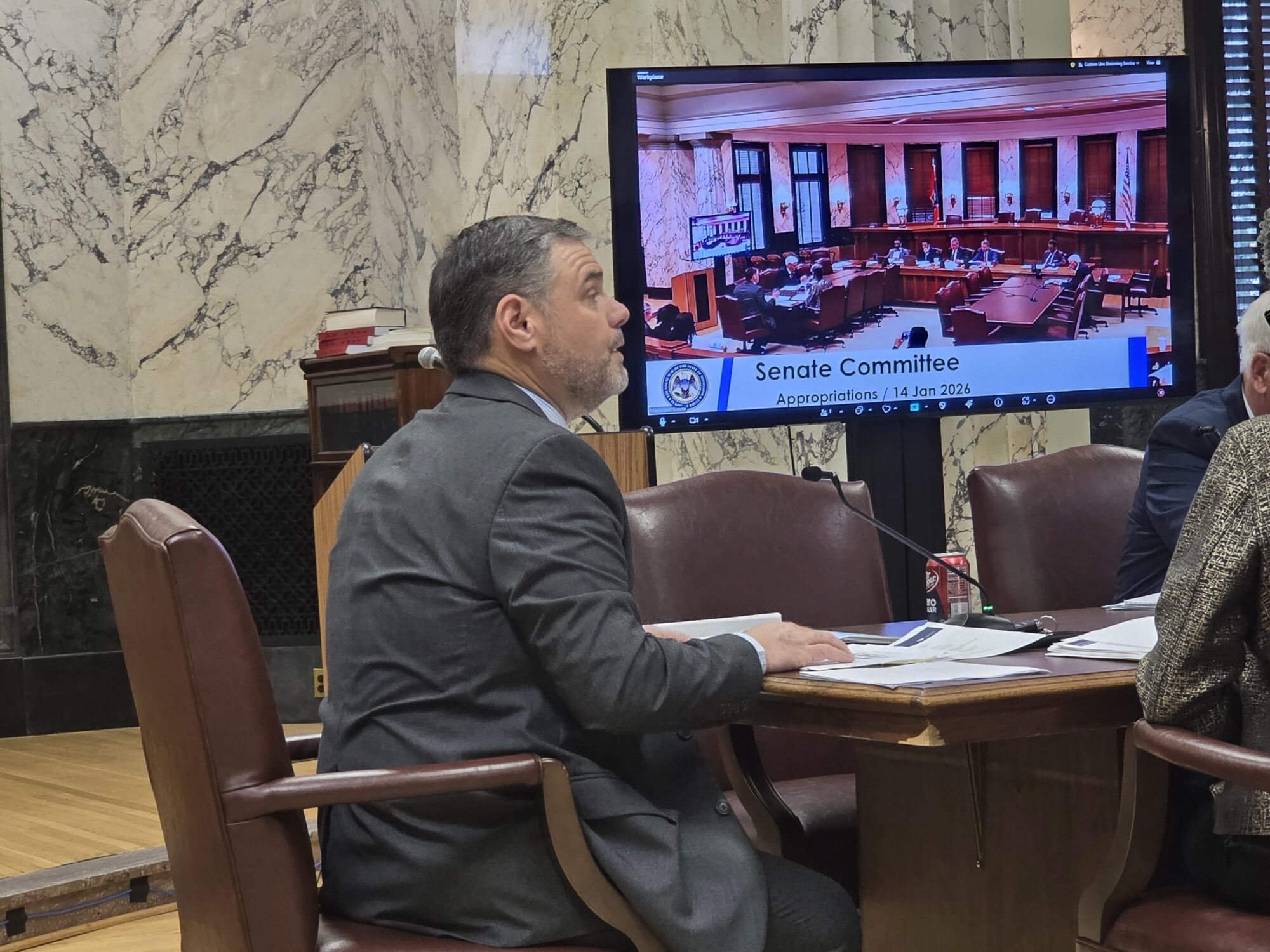
(Photo from Shutterstock)
- A recent FDA report calls for scheduling of highly concentrated kratom products.
Kratom products have been a cause of concern for Mississippi lawmakers as well as legislators in a handful of other states, so much so that legislatures have passed regulatory measures on the product.
Now, the U.S. Food and Drug Administration is suggesting the nation follow suit by scheduling the concentrated forms of kratom.
According to a report issued on June 29, the FDA suggests the scheduling of the concentrated form of kratom, those labeled as 7-hydroxymitragynine, or more commonly referred to as 7-OH.
The FDA report specifically states the focus for federal scheduling action under the Controlled Substances Act should be on 7-OH products, and not on “natural kratom leaf products.”
“Today, we’re taking action on 7-OH as a critical step in the fight against opioid addiction,” said Department of Health and Human Services Secretary Robert F. Kennedy, Jr. “We will protect the health of our nation’s youth as we advance our mission to Make America Healthy Again.”
Earlier this year, the state of Mississippi set its own regulations on kratom products through HB 1077. Authored by State Rep. Lee Yancey (R) and signed by Governor Tate Reeves (R), the bill went into effect in July.
“They’re a little behind us on that,” Yancey told Magnolia Tribune. “We didn’t schedule it, we banned 7-hydroxymitragynine.”
The Mississippi legislation not only banned all products that contain high levels of 7-OH, but also put regulations in place on all kratom products.
Retailers in the Magnolia State must now keep all allowable kratom products behind the counter and only sell them to patrons 21 years of age or older.
While all kratom products contain some amount of 7-OH, Yancey’s bill places limits on the potency in Mississippi to not more than 1 percent 7-OH per 0.5 milligrams.
During a virtual press conference held last week, 7 Hope Alliance founder Jackie Subeck said 7-OH products contain up to 99 percent 7-OH, but she says they are safe.
7 Hope Alliance is a nonprofit organization advocating for the continued legality of 7-OH products due to the benefits offered.
Subek claims the push for scheduling of 7-OH products are backed by the traditional kratom companies in an effort to stifling the 7-OH industry. In one push within Ohio to ban concentrated 7-OH products the motto used was that leaf kratom products are good, but concentrated 7-OH products are bad.
“We at 7 Hope, we find this method unworthy of legitimate consideration given that 7-O is a direct metabolite of kratom and is naturally derived from the exact same plant,” Subek said. “To put it bluntly, 7-O is kratom, and kratom is 7-OH.”
The FDA report does not suggest what schedule ranking to place on 7-OH products, but there is concern among advocates that the highest ranking could be used, schedule 1. A schedule 1 classification on a controlled substance means the federal government finds it has no medicinal value and has a high abuse potential, according to the Controlled Substances Act.
Advocates of 7-OH claim it is less harmful than other opioids people may use to deal with pain, such as heroin and fentanyl. Dr. Michelle Ross, Chief Scientific Advisor for 7 Hope Alliance, said during the press conference that 7-OH products are safer because they are partial opioid alkaloid agonists, limiting their potential for overdoses. In comparison, heroin and fentanyl bind with all of the receptors in the brain, increasing the potential for overdoses. Ross added that that there have been no confirmed overdose deaths involving only 7-OH product use.
“There are zero confirmed deaths that have been attributed to 7-OH alone,” Ross said. “There are some deaths where 7-OH is in the mix, but it’s with heroin, it’s with all these other opioid drugs that we know can cause overdose and death by themselves.”
She also pointed to research that showed mice dosed with 7-OH did not overdose, and in cases where they tried to take too much, they got sick and stopped taking the product. Ross said the same happens with humans who attempt to take too much of a 7-OH product – they vomit or feel ill and stop taking it.
“There is no lethal dose in mice, and very similarly to that we don’t see a lethal dose in humans, so far zero deaths,” Ross added.
Yancey added that his previous attempts to ban all kratom products failed due to ongoing support from those who say it helped them stop taking more harmful substances.
“I’m not sure there is positive value but people who take it swear it’s better for them than what they were taking, whatever hardcore drugs they were taking,” Yancey described of kratom products.
Some states have put bans in place for all kratom products, including Alabama, Arkansas and Wisconsin, while close to two dozen states have established regulations for all items made from the plant-based substance.
As for whether Rep. Yancey will push for all kratom products to be banned in Mississippi in future sessions, he said his focus is now elsewhere.
“I’m not [House] Drug Policy chairman any more and I was trying to kind of finish what I started and I’m going to leave kratom for the next person to pick up,” Yancey said.
Part of the scheduling process requested by the FDA for 7-OH products will require a public comment period. Subek said an announcement as to when the public comment period will open, and how long it will last, has not yet been announced.










